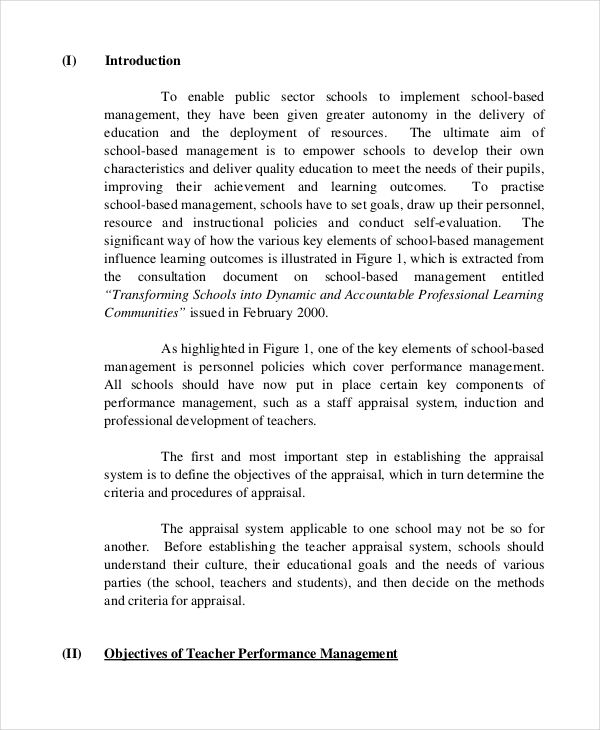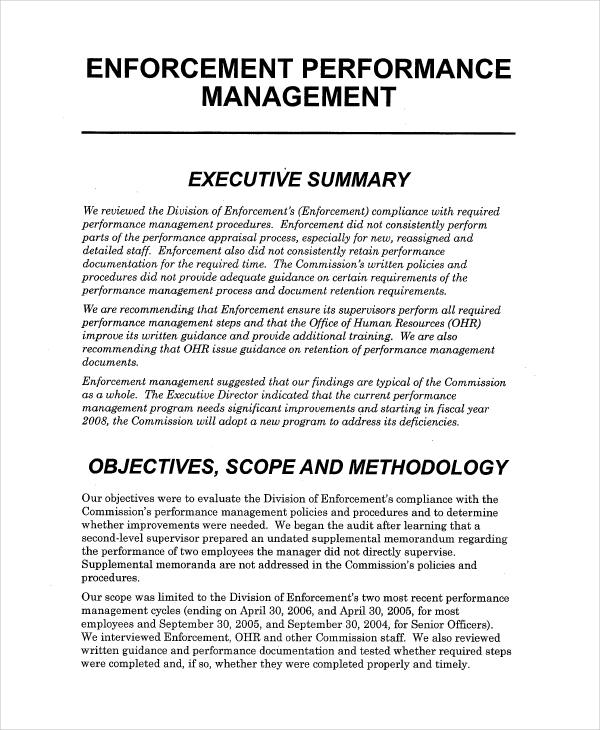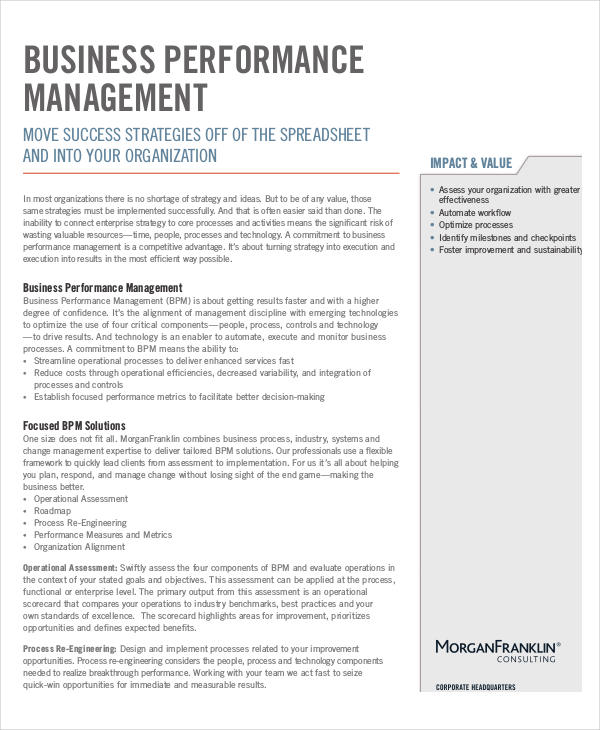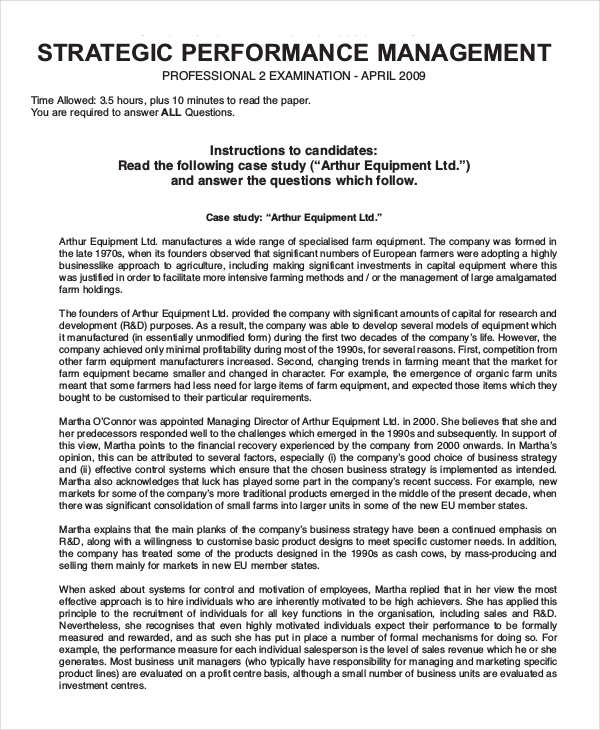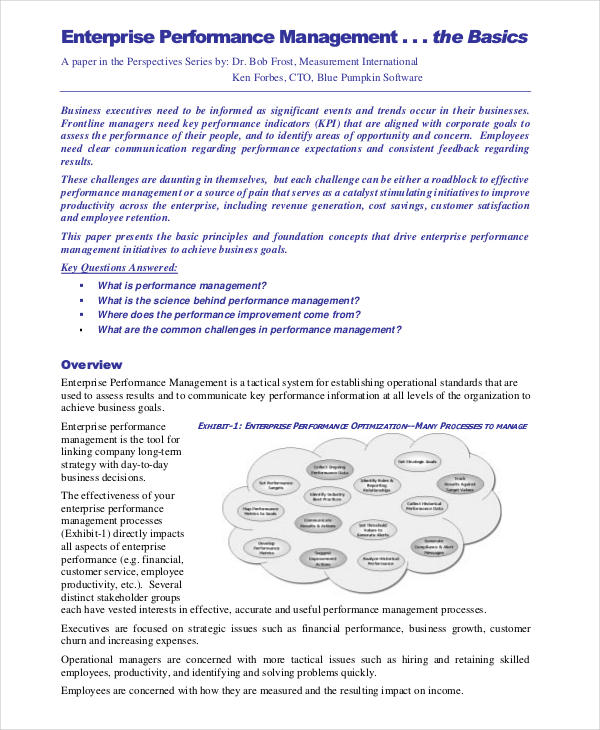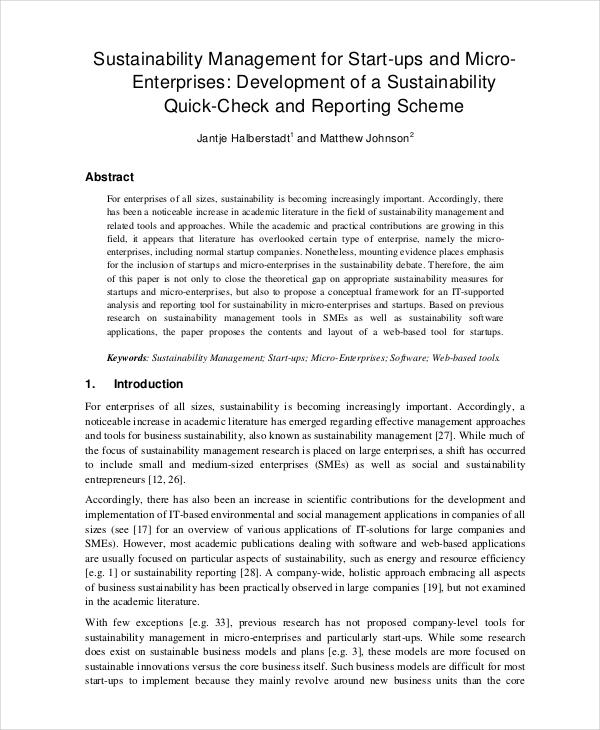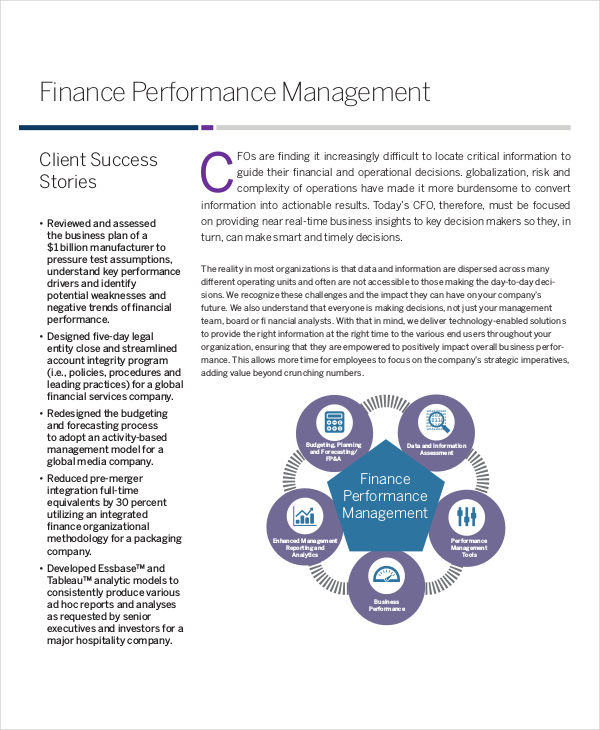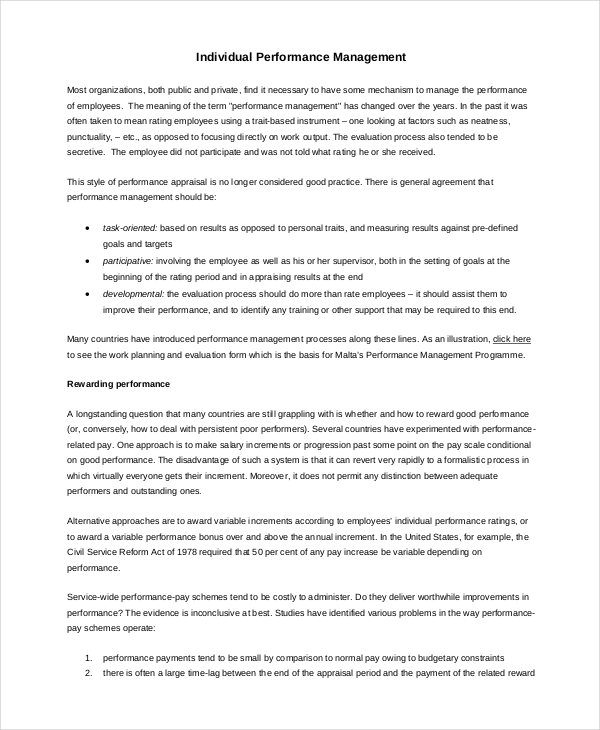7+ Performance Management Examples to Download
Business owners know how important and necessary it is to evaluate and assess the performance of their employee. It is because a good performance of the employee and how it is progressing over time can make a huge impact to the business that will increase the workforce of a business plan.
Thus, developing a performance management for their employees is the key to achieving a wide range of benefits for managers and companies. Because it evaluates, analyze and monitor the performance of an employee. A clear communication plan of the performance of the employee and the development plan is the first step in creating an alignment for performance management.
Teacher Performance Management
Enforcement Performance Example
Business Performance Sample
What Is a Performance Management?
A performance management is a term used to describe a process to which a manager and employee will work together to ensure and monitor that all employees are aware of the level of expected performance of them in that role, on self-assessment and individual objectives and their overall contribution to the organization.
Unlike quality management, a performance management is used to plan and review the employee’s performance within a week, month or annual.
The performance management is a continuous process of setting smart goals and objectives, evaluating progress, and providing on-going training, coaching, and feedback questionnaire to the employees.
The Purpose Of Performance Management
In many cases, the primary purpose of performance management is to promote and improve employee effectiveness.
Here are some of the purpose of a performance management:
- Performance management serves as a work plan to both managers and employees.
- Performance management is used to set expectations to meet the performance goal of the employee.
- It continues to monitor the time management and the performance of the employee.
- Address the developmental needs of their employees.
- Provides an excellent opportunity for both managers and employees to identify developmental needs.
- Performance management useful summary of the employee’s performance.
- Performance management also makes the manager understands the importance of having a performance reward.
Strategic Performance Management
Enterprise Performance Example
Sustainability Management
Finance Performance Sample
Individual Performance Example
The Importance of Performance Management
When performance management is used properly and effectively, It can optimize monitoring performance of the employee’s work and can provide review and feedback to them.
Below are the following importance of performance management.
- Aligning and regulating employee’s performance in day-to-day actions together with a strategic plan to achieve business objectives.
- Implementing distinctness and clarifying responsibility related to the performance level of expectations.
- Records and tracks employee’s individual performance to support further career planning development.
- Developing skill training and learning activities options.
- Creating documentation for legitimate objectives, to support resolutions, reduce arguments and provide risk management.
Guidelines for Effective Performance Management
Effective performance management is the foundation of the employee. It is a critical step to improve their performance in work and help them grow as an employee.
Here are the guidelines for an effective performance management.
- Develop a performance focus.
- Articulate performance goals and align it to the organization’s goal.
- Build and specify the actions.
- Determine coaching requirements.
- Provide on-going coachings that direct to the performance improvement plan.
- Review the results of the performance.
- Provide feedback on the result.
- Use performance rating.
- Provide a quality plan for future developments.
- Give them time to express their personal statements and conduct self-management.



